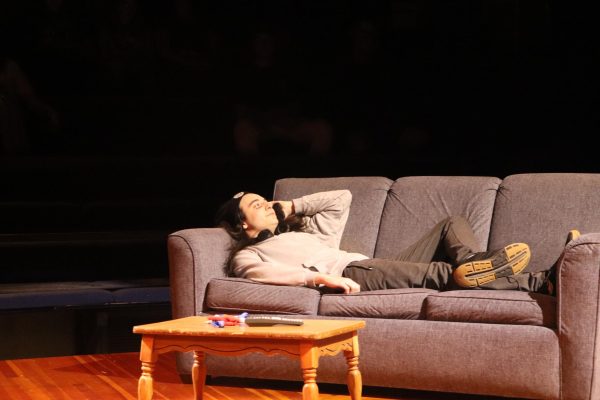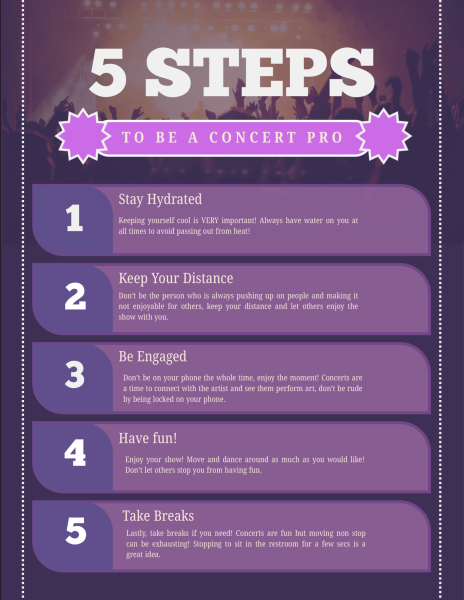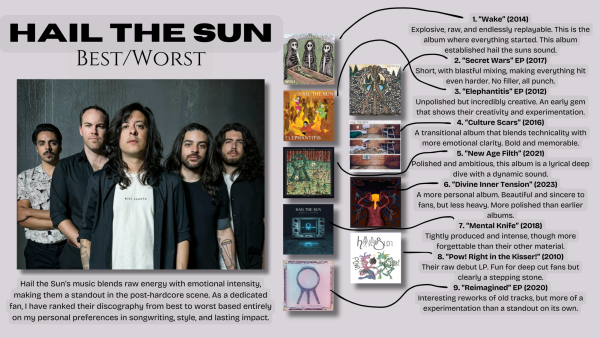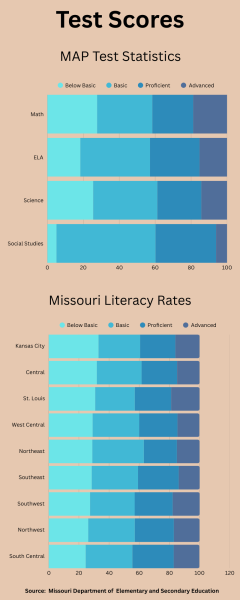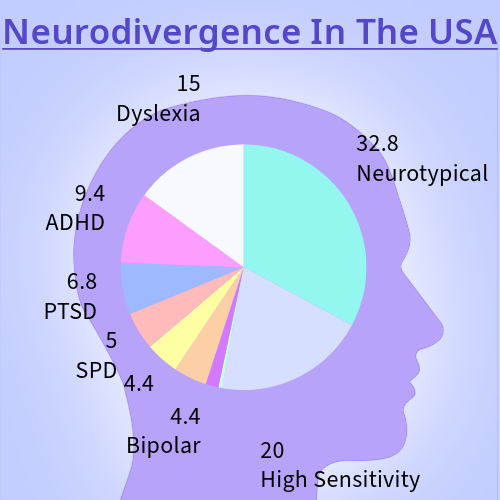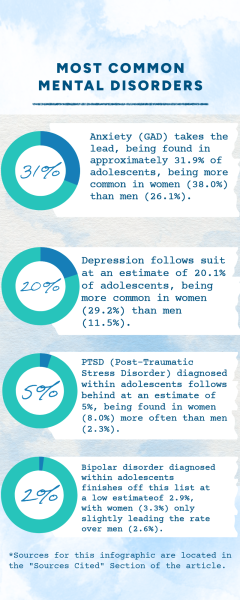Review: Little Brother
Book: Little Brother
Author: Cory Doctorow (Yes, that one.)
Genre: Could be argued as realistic fiction, but it diverges from the real world in 2007-ish. (If I may just mention the PATRIOT Act II?) If pressed I’d describe it as very realistic sci fi that could happen within the next few years (though it actually takes place within an alternate timeline).
General Notes: I still can’t figure out what the title is supposed to refer to. None of the characters has a brother; there is no central brotherly relationship. It could be a very strange and veiled reference to ‘Big Brother’ in 1984, but if that’s the case, what is the purpose behind changing ‘Big’ to ‘Little’???
The book comes off very Neal Stephenson-esque (and Doctorow mentions being influenced by Cryptonomicon, so) but with a YA flavor. Doctorow has clearly done his research and has more than a passing familiarity with hacking, San Francisco, the sixties, and cryptography. Geek, nerd, and Internet culture are also utilized very well.
Characterization: Let’s start with the main character. Marcus comes off as just a little too perfect. He’s not got much of a character arc, he’s only got a few flaws, and he’s TOO nice and brave. That’s not to say he isn’t relatable, though. I would certainly do a lot of the things he does to cope in prison, and his healing process- how long it takes him to go to the public with his story of false imprisonment and crazy government- is written well and rang true. He just came off a little too good to be true.
Ange is really, really, really annoying, though. When she arrives, she takes over the book. Worse still, she’s even more flawless than Marcus. She has literally no problems, and Marcus spends half the book talking about how perfect she is. Once she arrives, Van and Julo disappear, and Darryl is literally never mentioned in her presence.
Speaking of which, let’s talk about Van, Julo, Darryl, and Charles, because the fact is, they’re all handled the exact same way. They appear when they’re needed, for a scene or maybe even two, and then they disappear, not to be mentioned again until their next appearance. I repeatedly forgot Charles existed- because the way he was written, he was only a classroom-setting strawman. Sure, in the context of the story, it’s justified- Van and Julo want to keep themselves safe, and Darryl has been incapacitated, and Charles hates Marcus and thus would stay away. But I feel Doctorow only got rid of these characters because they were challenging him to keep the story on topic and relevant- but I feel if he had taken the challenge, the book would have been much stronger.
There’s also the fact that none of these characters are really that diverse: Marcus, Charles, Darryl, and Ange, in a big, modern city like San Francisco, all happen to be white, and though Van is Korean (I think??) and Julo is Latino, they both conveniently disappear in the first few hundred pages. There’s no sexual diversity at all- it’s a book full of straight people in San Francisco, birthplace of the gay rights movement (which, by the way, is repeatedly brought up). And the only major characters that are female are Van, stereotypical 90s girl-but-not-girly two-dimensional Action Girl; Ange, perfect, sarcastic Mary Sue who takes over the story; and Severe Haircut, who while a well-defined character, is still two-dimensional, and not really that well written. Doctorow is basically writing characters that resemble him, over and over and over.
The minor characters and bad guys are far stronger, since they tend to represent one thing or the other. The various policemen are big government. Severe Haircut is tyranny. Barbara is freedom of the press, the minor Xnetters we see are freedom of speech, the Turkish guy is freedom of commerce. Zeb is almost a hairy savior. Marcus’s mother represents foreign concern, and and his father is a personification of all the compliant citizens that often show up in big governments. Still not sure what Masha is, or even what her role in the story is, to be honest. It feels like Doctorow got confused around the time he came up with the idea for VampMob.
Guess it’s time to talk about:
Plot: The plot’s certainly well-planned. Until towards the end. But the beginning is well-made, and it’s clear Doctorow knew what he was doing.
There’s a lot of research done into things like aphids, crypto, and hacking. Not as much research seemed to be done with coding, but the way Doctorow writes about it seems to suggest more than just a passing familiarity. These things all come into play in the story at one point or another, which is just more proof that things were well-planned until the end.
The beginning is engaging, filled with quirky high-school stereotypes, in an unusual setting, but it doesn’t quite set the tone for the rest of the story. The sequence where Marcus’s team searches for the Harajuku clue is far closer to the rest of the story, but the BART scene and prison scenes are literally nothing like the entirety of the rest of the story.
But once Marcus comes home, everything holds up. It’s like a cross between ‘Ready Player One’ and ‘The Diamond Age’ with some ‘I, Robot’ and typical YA fantasy thrown in for variety. The plot is great, ramps up well even if it’s a bit slow at points, and usually explains the weird tech concepts great for the layman. Ange weakens the story considerably, but it’s not until someone comes up with the idea for VampMob that everything falls apart.
But then things fall apart fast. The story stops dead for several pages of uninteresting exposition that has no bearing on the story and could have been easily summed up as “My background in LARPing gave me the idea for an LARP event the police would come to.” Two characters- Masha and Charles- who honestly have no bearing on the story whatsoever show up. Even though everything’s been ramping up to the VampMob, the only reason it seems to exist is to get Marcus separated from Ange for more than 10 seconds. It solves nothing, even though it’s the climax where the protagonist is supposed to use all their former teachings and resources to solve the day. And in the end, Barbara’s morning paper comes flying in like a god from the newspaper machine, performing the biggest deus ex machina since the end of A Midsummer Night’s Dream.
Setting: A nice thing about this story is I genuinely felt like I was standing in San Francisco from page one. It just had that vibe. The setting pops out at you on every page, and Doctorow never fails to make it just vivid enough to be great, without taking over scenes or pages.
Another great thing is, again, how Doctorow has clearly done his research. It always shows on setting, and he’s done a superb job. He takes several paragraphs just to make sure the reader has a direct feel for what the Civic Center is not like. The imagery just pops out at you.
The fact that the things that happen are terrifyingly possible (though when the book was written in 2008 and 9/11 was far fresher in people’s minds, it probably seemed even more so) as well as the fact that there’s, as I said, a lot of research done, just makes everything a little better. It’s the straw that broke the camel’s back. The setting goes from well-written and good with imagery to incredibly realistic and lovingly imparted upon the reader with few words to spare.
TL;DR: The book is well-researched and was clearly lovingly crafted. However, the characters are often two-dimensional and not well-defined. On the plot side, the beginning is shaky, the middle is awesome, but the end fell apart. The setting is honestly breathtakingly handled and stands out as the book’s strong point. All in all, it’s a fun, entertaining read, especially for people who spend a lot of time interacting with Internet or hacker culture.
All in all: 3 out of 5 stars.
Characterization: 1 out of 5 stars.
Plot: 3.5 out of 5 stars.
Setting: 5 out of 5 stars.

I’m Mina Buchholz, a sophomore at Oak Park. This is my first year on the Log, but second in journalism, and I also play golf, participate in Art Club,...

